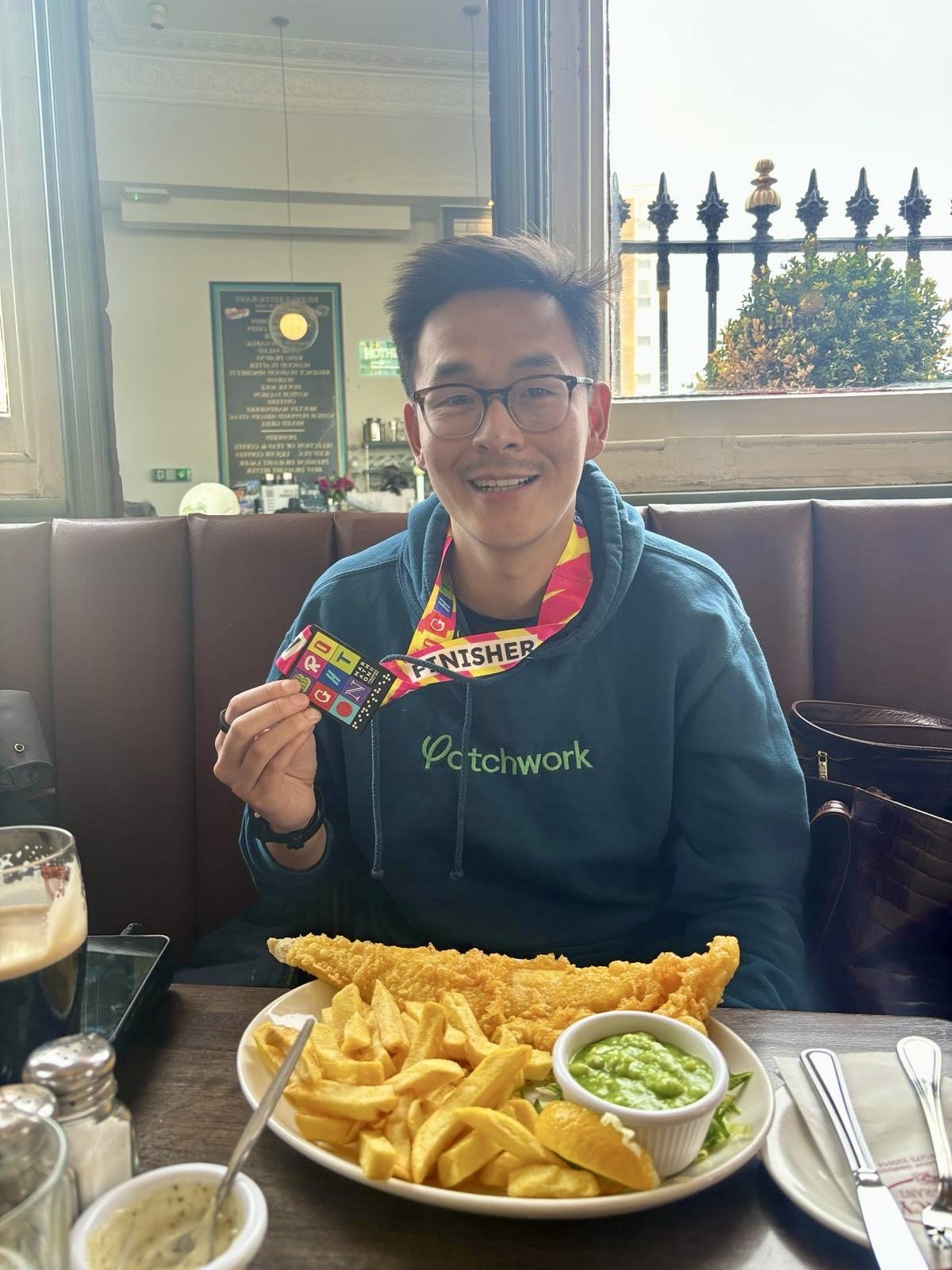
|
Runner Interview |
Can you give a brief introduction about yourself?
esI am Jing, a doctor turned tech entrepreneur. I co-founded Patchwork Health, where I am currently the Chief Operating Officer. I started triathlons a year ago and have progressed into more long distance running. I recently completed my first marathon – this was a truly humbling experience!
What inspired you to become an entrepreneur/startup founder?
As a doctor I was always interested in healthcare beyond clinical practice. I started off by exploring academic research, which was interesting but slow paced. That naturally led me to healthcare innovation and eventually entrepreneurship, which felt exciting, action-packed and where I believed I could make a difference at scale.
Can you describe your startup in a single sentence?
Patchwork is a SaaS startup that provides flexible workforce management solutions for healthcare organisations.
How did the idea for your startup come about?
When working as a doctor, I took time out to pursue a healthcare innovation fellowship out in California. This meant going out of my training programme, so despite the fellowship being three months I needed to take a full year out. In that time I was keeping my hand in clinical practice by picking up the odd shift here and there to support my NHS Trust. But I found the ability to find work and get paid on time completely frustrating – there had to be a better way! When I discussed the challenge with my friend and fellow doctor Anas, he felt the same and happened to be working in a management role on the problem in his local NHS Trust. We realised then that we understood the problem well enough to start a business.
What's the most unique aspect of your solution or business model?
At the time, we applied a marketplace approach to the healthcare problem of temporary staffing. Historically this problem sat in HR and was managed on outdated IT systems used solely by administrators. We originally set out the create the “Uber for doctors”, enabling clinicians to take control of their flexible work by booking to their own shifts and reducing the admin burden on the hospitals.
What’s the most challenging aspect of building your startup?
Anas and I are non-technical founders, so building the product with no engineering background was very hit and miss.
What's the most valuable lesson you've learned as a founder?
You don’t know everything (or anything for that matter!). Be open to coaching and have a growth mindset. I have needed to adapt and constantly learn new skills as the company as moved through the stages and scaled.
How do you manage work-life balance, especially with the demands of a startup?
Not just because I am answering this for Seed Run, but it is genuinely endurance sports. They give you something to focus on, you can target goals around competitive races, and the more you do the better you become! The demands of a startup can be intense, but as founders Anas and I found long cycle rides a great way to have deep conversations outside of the day-to-day whilst also doing something that’s good for our health.
What’s the next big milestone for your startup?
Launching our new product lines and going international!
What advice would you give to aspiring entrepreneurs or startups?
Surround yourself with experts in the domain that you operate in and who are a few steps ahead of you. As first time founders, we didn’t have a network and that meant a lot of trial and error that could have been avoided had someone we trusted shown us the way.
Any ideas on how we could improve Seed Run?
Go beyond 5k!
Sign in To ask a question


